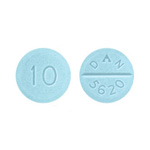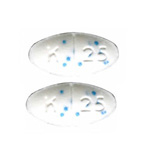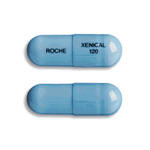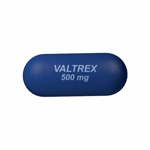Zithromax (Azithromycin)
Brand Names: Zithromax, AzaSite, ZmaxRelated Medications: Clarithromycin, Erythromycin (Ilotycin), Fidaxomicin (Dificid), Erythromycin / Sulfisoxazole, Benzoyl peroxide / Erythromycin (Benzamycin)
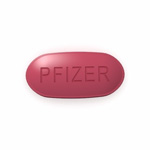
The well-known biopharmaceutical company Pfizer released azithromycin under the brand name Zithromax in 1991. Currently, this medication is approved by the FDA in term of effectiveness and safety for treatment of a range of bacterial infections.
Zithromax is an antibiotic used to fight various bacterial infections in the body. Many infections can be treated with this antibiotic, including tonsillitis, laryngitis, bronchitis, pneumonia, sinusitis, middle ear infection as well as some sexually transmitted diseases, including NGU and cervicitis.
The usual dose of Zithromax is 500 mg to take orally for one day and then 250 mg should be taken for 4 days. If it is an intravenous treatment, the dosage of 500 mg is taken for 2 days and then 500 mg is taken orally for 5-8 days.
Zithromax is not suitable for people with a history of liver problems or jaundice caused by azithromycin, as well as for those who have an allergic reaction to it or other similar drugs like erythromycin, clarithromycin or telithromycin.
In order to make sure that taking Zithromax is safe for you, you should inform your healthcare provider if you have the following health conditions:
Although Zithromax should not be harmful to an unborn baby, it is recommended to inform your doctor about your pregnancy. Zithromax should not be given to a child younger than 6 months old.
370 drugs are able to interact with Zithromax. The following 53 drugs are able to cause major interaction:
The most common side effects that may occur due to the use of Zithromax include:
© Copyright 2009 Health Canada Pharmacy




